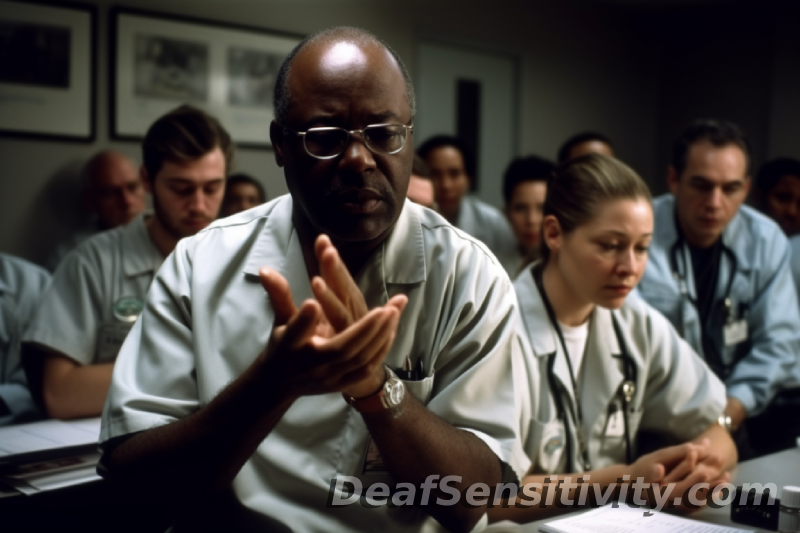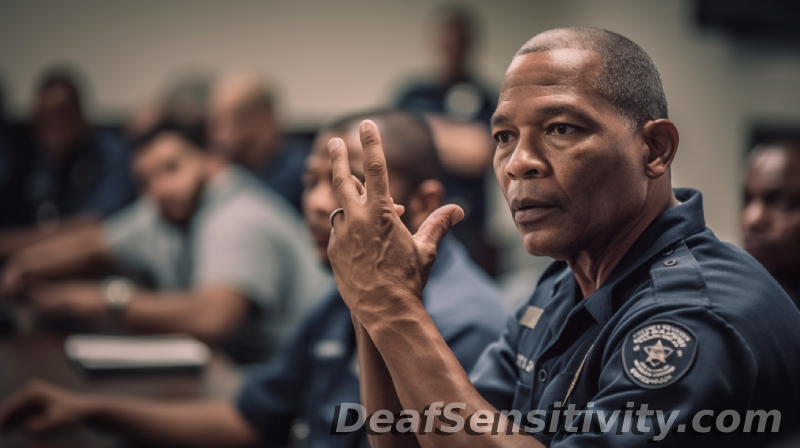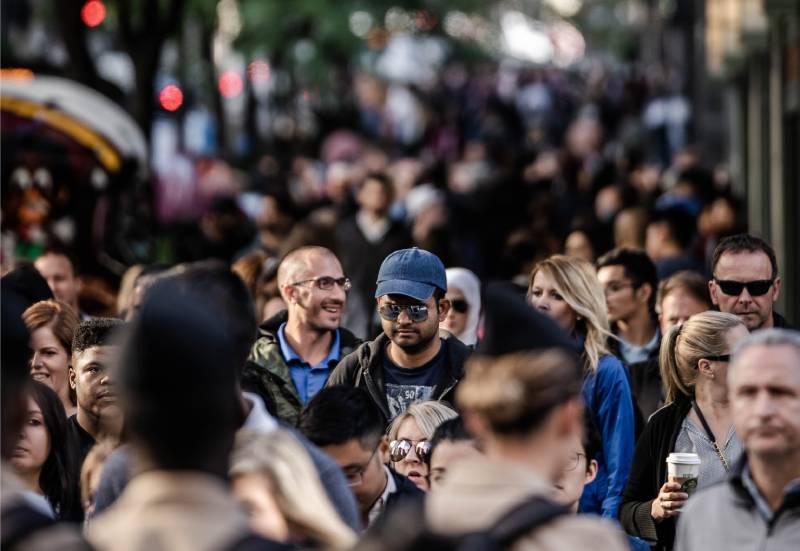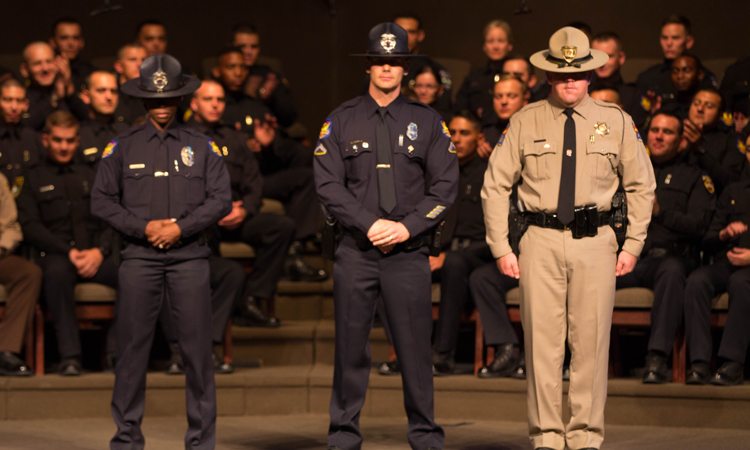Introduction: In the diverse world of law enforcement, effective communication is crucial to ensuring public safety and fostering positive community relations. As a professional in this field, you will inevitably encounter people who are Deaf or Hard of Hearing (DHH). In such situations, understanding and adapting to their unique communication needs can make all the difference. Deaf Sensitivity Training is the key to unlocking these essential skills. This article will explore why it is a must-have for police officers, sheriffs, constables, and other law enforcement professionals. The Importance of Deaf Sensitivity in Law Enforcement: Effective communication lies at the heart of successful law enforcement. Building rapport with the public, gathering information, and resolving conflicts all require clear and compassionate communication. When interacting with individuals who are DHH, the stakes are even higher. Miscommunication or lack of awareness can lead to unnecessary escalation, legal complications, and even tragic outcomes. It happens a lot…even death! In the United States, the Americans with Disabilities Act (ADA- federal law) mandates equal access and effective communication for individuals with disabilities, including those who are DHH. This includes law enforcement agencies that are required to make reasonable accommodations for effective communication. By participating in Deaf Sensitivity Training, law enforcement professionals not only comply with the ADA requirements but also enhance their skills to better serve their communities. In many cases, the training may help leverage liability. What Deaf Sensitivity Training Offers: Deaf Sensitivity’s “I Never Gave THAT a Thought!” is a comprehensive 4-hour training program designed to educate law enforcement professionals on the unique communication needs and challenges faced by individuals who are DHH. The course covers: Understanding the Deaf and Hard of Hearing community, their culture, and communication preferences. Recognizing and addressing potential communication barriers. Adapting body language, facial expressions, and other non-verbal cues to improve interaction. Utilizing communication strategies and tools that foster better understanding and collaboration. The training is available in various formats, including instructor-led classroom sessions, private on-site classes, and live interactive webinars. This ensures that you can find a solution that fits your organization’s needs and schedule. How Deaf Sensitivity Training Benefits Law Enforcement: Investing in Deaf Sensitivity Training for your law enforcement team brings numerous benefits: Enhanced communication skills: By understanding the specific needs of the DHH community, law enforcement professionals can improve their communication abilities, leading to more positive interactions and outcomes. Compliance with ADA regulations: Ensuring equal access and effective communication for individuals with disabilities is both a legal and ethical responsibility. Deaf Sensitivity Training helps law enforcement agencies fulfill these obligations. Improved community relations: Demonstrating cultural competence and a commitment to inclusivity can help build trust and rapport with the communities you serve. Reduced risk of miscommunication: Deaf Sensitivity Training can help prevent misunderstandings that may lead to unnecessary escalations, legal challenges, or negative public perception. Real-World Impact: Deaf Sensitivity Training has proven its value in various law enforcement settings. For example, officers who participated in the training have reported increased confidence in their ability to communicate with DHH individuals during traffic stops, domestic disturbances, and other high-stakes situations. By learning to recognize and adapt to the unique communication needs of the DHH community, law enforcement professionals can better serve and protect all members of the public, including themselves! Conclusion: Deaf Sensitivity Training is an essential tool for law enforcement professionals seeking to elevate their communication skills and better serve their diverse communities. By investing in this training, your team will gain invaluable insights into the unique needs of the DHH community, ensuring more positive interactions and outcomes. Don’t miss out on this opportunity to enhance your team’s abilities and foster a more inclusive and empathetic approach to law enforcement. Act Now to Secure Your Spot(s) in Deaf Sensitivity Training: With the ever-growing need for effective communication in law enforcement, now is the perfect time to prioritize Deaf Sensitivity Training for your team. Deaf Sensitivity offers flexible scheduling options, including live sessions in cities across the nation and the world with interactive webinars that accommodate a global audience. If you represent an organization with 30 or more team members, you can also schedule a private, on-site training session tailored to your specific needs. For large organizations such as airlines or federal government departments, Deaf Sensitivity can accommodate up to 98 locations through live, interactive webinars, ensuring your entire team receives the necessary training. Don’t let communication barriers hinder your team’s performance and community relations. Act now to provide your law enforcement professionals with the skills and knowledge they need to excel in their interactions with the DHH community. Call the Deaf Sensitivity training office at 480-615-8900 or visit their website to learn more about available classes and training options. By taking this important step, you will not only comply with the ADA, but also showcase your commitment to inclusivity, empathy, and effective communication in law enforcement. Remember: “Blindness separates people from things. Deafness separates people from people.” Bridge the gap and empower your law enforcement team with the essential skills they need to create a more inclusive and safer community for all. Don’t wait – secure your spot in Deaf Sensitivity Training today and pave the way for a more empathetic, effective, and inclusive future in law enforcement.








